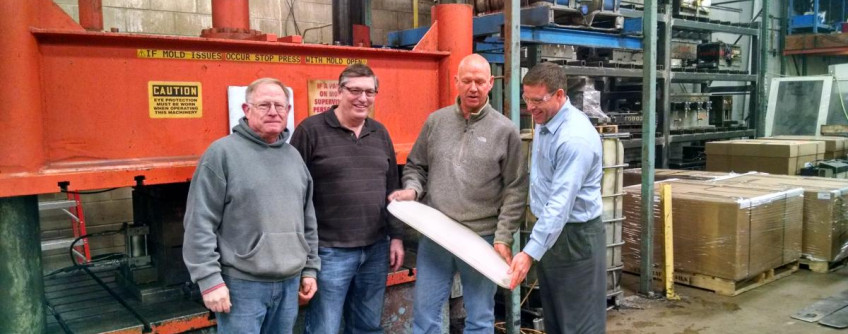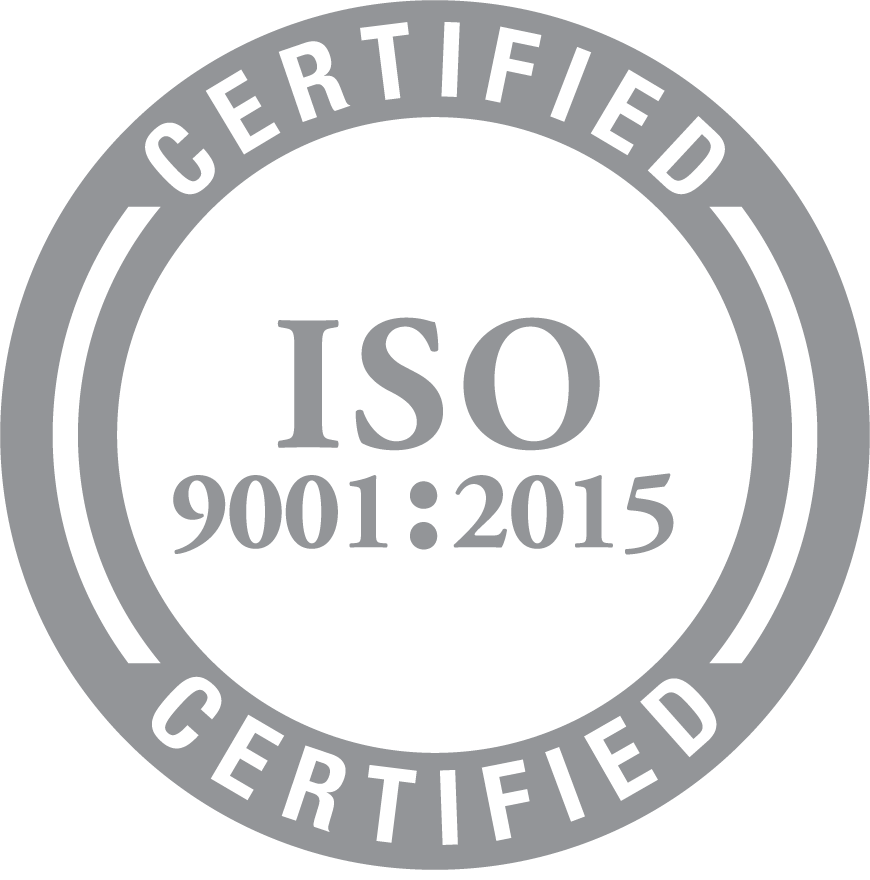Wisconsin Thermoset Molding (WTM) Inc. and Rose Polymer Composites LLC announced a merger of the two companies. The transaction positions the firms to act as a one-stop-shop solution for small and large composite molded components that can be tailored for superior thermal and mechanical performance.
“The merger will give customers access to technology that will help them get their products to market quicker and at the lowest overall cost,” said Andy Stroh, VP for WTM. “Additionally, it will give each company capabilities that they do not currently have. For example, at WTM we have a fully capable tool room to build jigs, fixtures, prototype molds and to perform maintenance. Rose Polymer was sending their tool maintenance and repairs out. Now we do all their tool maintenance and this helps us maintain control of the tooling, get it fixed quickly and back into the machine and keep productivity high.”
 |
| Following the merger (L to R) Mike Byrne, VP of operations, and CEO Boyd Miller join Technical Director Bob Uhren and VP Andy Stroh in evaluating a medium-sized composite molded part. |
“WTM has traditionally been a low volume, high mix molder for small to medium-sized parts,” Stroh commented of the 73-year-old company. “Rose Polymer Composites is one of just a few companies in the industry dedicated to compression molding of large parts. The alliance fuses the strengths of both companies and allows us to proactively customize components from concept, prototyping and testing to tooling and production methods. If a customer can draw their idea on a napkin, we’ll show them the combined problem-solving power of WTM and Rose Polymer.”
Stroh notes that the alignment will mean an increase in capital equipment investments, permitting the molders to enhance cost reduction methods through the use of advanced materials, improved prototyping and faster processing. Also planned for the companies are expanded finishing capabilities and new services such as parts assembly. “Combining resources gives us the infrastructure we need to support growth and penetrate new markets,” he adds. “Our companies are synergistic in a lot of ways.”
While high voltage electrical applications are still a primary market for WTM, Stroh noted that there is demand for thermoset materials in new applications. “We see our capabilities as a viable alternative to molded metal and high-end engineering thermoplastics such as Ultem.”
WTM and Rose Polymer both specialize in BMC and SMC (sheet molded compound that is the strongest of the thermosets because, as Stroh explained, it’s pre-engineered with glass strands). “We’re making molded components that are very strong and very durable, and while we can’t compete in every application—we are a bit of a niche supplier—we can help eliminate the secondary operations costs that the cast metal process involves.”
Both WTM and Rose Polymer can benefit from the expertise that each company brings to the table such as an extended knowledge of engineering materials, the best way to design tools for particular applications, and general tricks of the trade in processing that Stroh said will expand each company’s know-how.
Stroh added that the primary markets WTM and Rose Polymer serves include industrial, oil and gas, and an emerging market is municipal construction. “The non-slip gripping surface at sidewalk corners to accommodate pedestrians and wheelchairs are ideal for a thermoset type product,” he noted. “One growing application is manhole covers as municipalities look for alternatives to steel and iron as a way to reduce theft of these valuable commodities. Thermosetting materials with high glass content are very heavy and strong, but if someone steals a manhole cover made from thermoset material it’s useless. The construction industry is looking for more robust materials to use in commercial construction to replace steel.”
WTM and Rose Polymer plan to eliminate the guesswork associated with inventory management as well. “Our goal is to create value through a customer centric approach,” Stroh said. “In addition to producing parts, that means taking on the administrative duties involved with supply requirements so that the manufacturers we work with can focus on what’s important—meeting their customers’ demands.”
WTM and Rose Polymer will maintain their separate locations with the goal to consolidate under one roof within the next three to five years. WTM will act as the central contact for customers for both locations.




